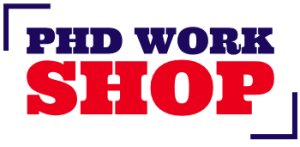
PHD WORK SHOP, Call or Text on: 07714190105
Local Business
No Call Out Fee
(See us on facebook)
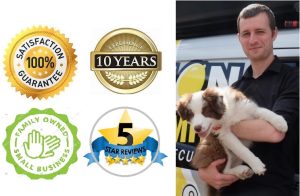
PHD WORK SHOP

Understanding the PhD Workshop Concept
The PhD workshop concept transcends traditional academic gatherings; it serves as a dynamic platform for collaboration, critique, and creativity among emerging scholars. These workshops are designed to foster an environment where participants can present their research ideas, methodologies, or findings in a supportive yet challenging setting. They encourage intellectual camaraderie by allowing researchers to receive immediate feedback from peers and experienced academics alike. This collaborative spirit not only enhances the quality of individual presentations but also cultivates broader discourse within the given field.
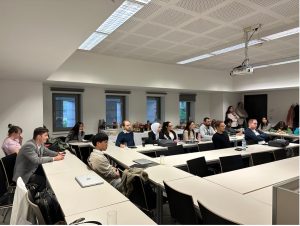
In addition to promoting scholarly exchange, PhD workshops often incorporate skill-building sessions that equip attendees with essential tools for navigating the complex landscape of academia—be it through grant writing strategies or effective dissemination techniques. Participants also benefit from networking opportunities that can lead to lasting professional relationships and potential collaborations down the line. Perhaps uniquely insightful is how these workshops underscore the iterative nature of research; they reinforce that refining one’s work is just as important as initial goals—an invaluable lesson for any aspiring academic on their journey toward successful dissertation completion and beyond.

Purpose: Goals of a PhD Workshop
A PhD workshop serves as a transformative nexus, propelling aspiring scholars toward their research goals while fostering a sense of community among peers. The first goal is to refine the participants’ thesis proposals and methodologies through collaborative discussions and constructive feedback. Engaging in this environment encourages attendees to think critically about their work and confront assumptions that might have gone unchecked, ultimately leading to more robust research outcomes.

Moreover, these workshops often prioritize skill-building beyond academic writing and presentation. Participants gain valuable insights into networking strategies, funding opportunities, and career paths—essentials for navigating the complex landscape of academia and beyond. By emphasizing personal development alongside academic growth, a PhD workshop cultivates not only competent researchers but also resilient professionals equipped to tackle the challenges of their respective fields. In this way, it becomes a crucible for innovation where ideas flourish through shared passion and diverse perspectives.
Structure: Common Formats and Schedules
When it comes to structuring a PhD workshop, the format can greatly influence its effectiveness and impact on participants. One common approach is the intensive retreat model, where candidates gather in a focused environment for several days. This setup promotes deep engagement and collaboration, allowing for immersive feedback sessions that are often missing from traditional formats. These workshops typically blend structured activities with open forums, fostering both academic rigor and the informal exchange of ideas.

Alternatively, a modular schedule spreads workshops over weeks or months, incorporating checkpoints that align with participants’ individual research timelines. This format accommodates varying schedules and allows candidates to integrate insights into their ongoing projects while also benefiting from peer support. Incorporating digital tools like collaborative platforms can enhance these experiences by making resources readily accessible and extending discussions beyond scheduled sessions. The key to an impactful PhD workshop lies not only in its structure but also in how it cultivates community among researchers—creating an environment where innovative ideas flourish amidst supportive relationships.
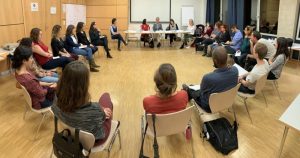
Topics: Key Areas of Focus in Workshops
In PHD workshops, a pivotal area of focus is the development of critical research skills. Participants engage in exercises that refine their ability to critically analyze literature, identify gaps in current knowledge, and articulate compelling research questions. This analytical rigor not only enhances individual projects but also contributes to a vibrant scholarly community where ideas can thrive and evolve.https://en.wikipedia.org/wiki/Doctor_of_Philosophy
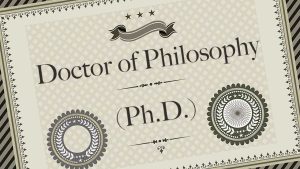
Another key area involves effective communication strategies tailored for diverse audiences. Workshops often emphasize the importance of translating complex concepts into accessible language, whether for academic presentations or public engagement. By mastering these communication techniques, PhD candidates can better advocate for their research findings and foster collaborative opportunities outside academia. Moreover, integrating feedback from peers during these sessions cultivates an environment of constructive criticism that sharpens both written and verbal articulation skills—essential tools for any researcher looking to make an impact in their field.